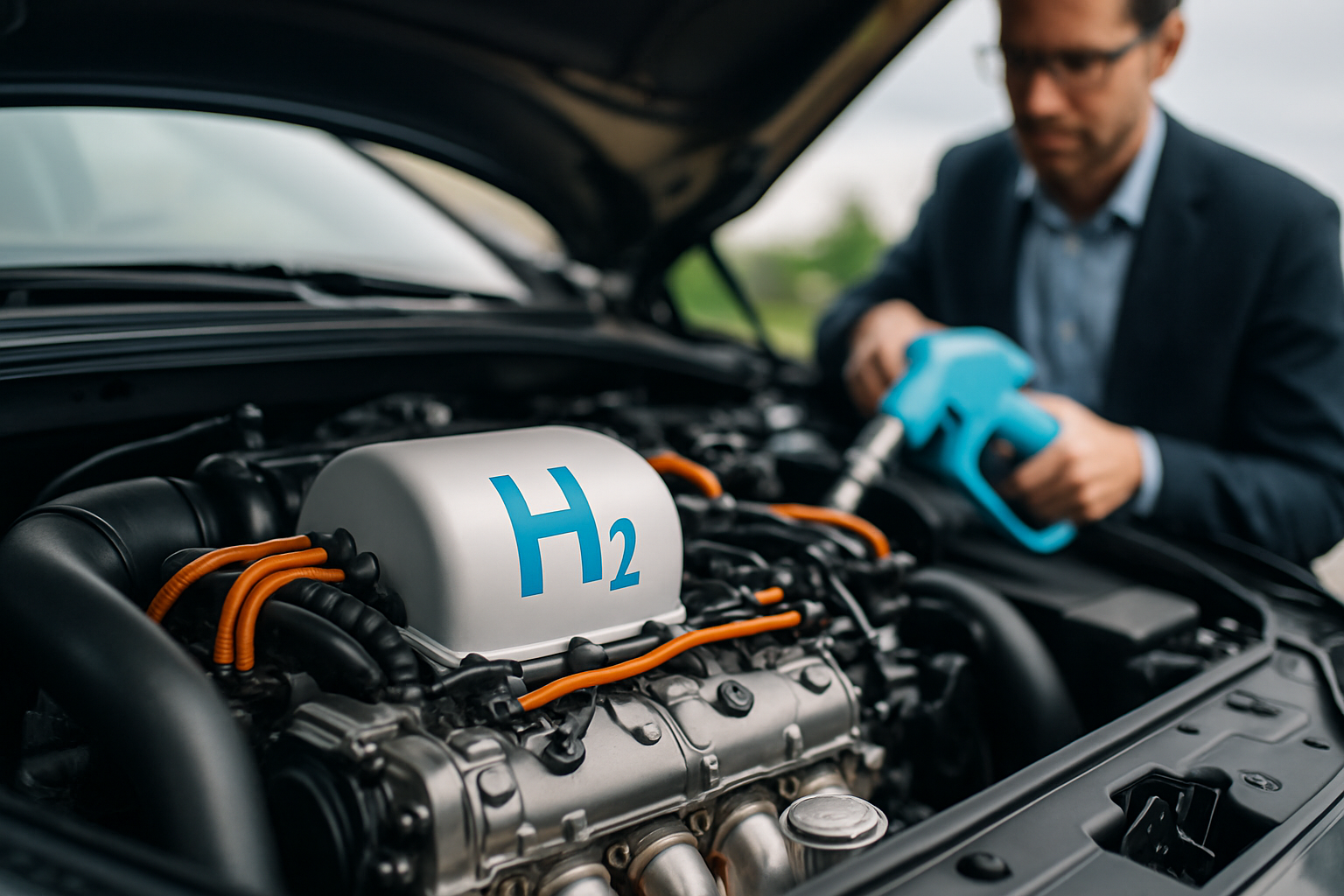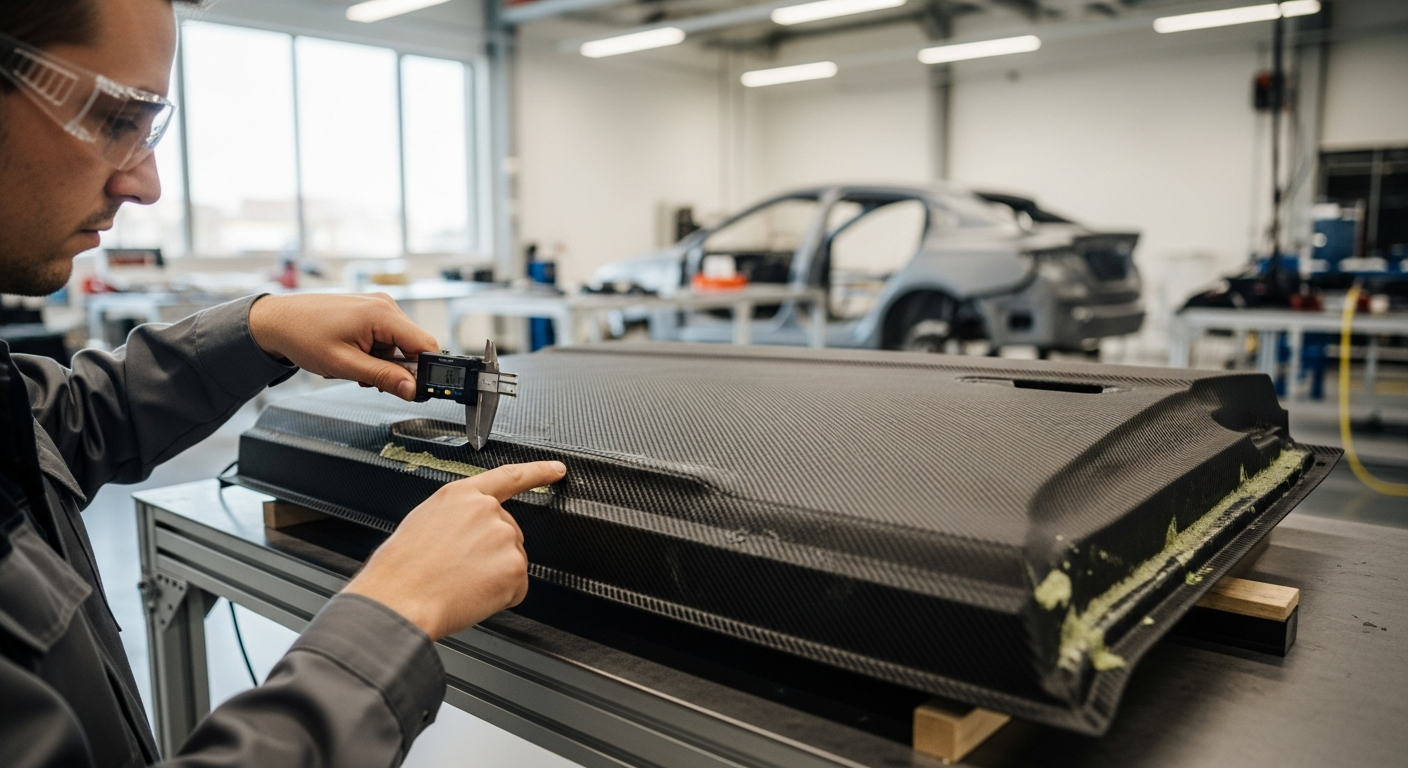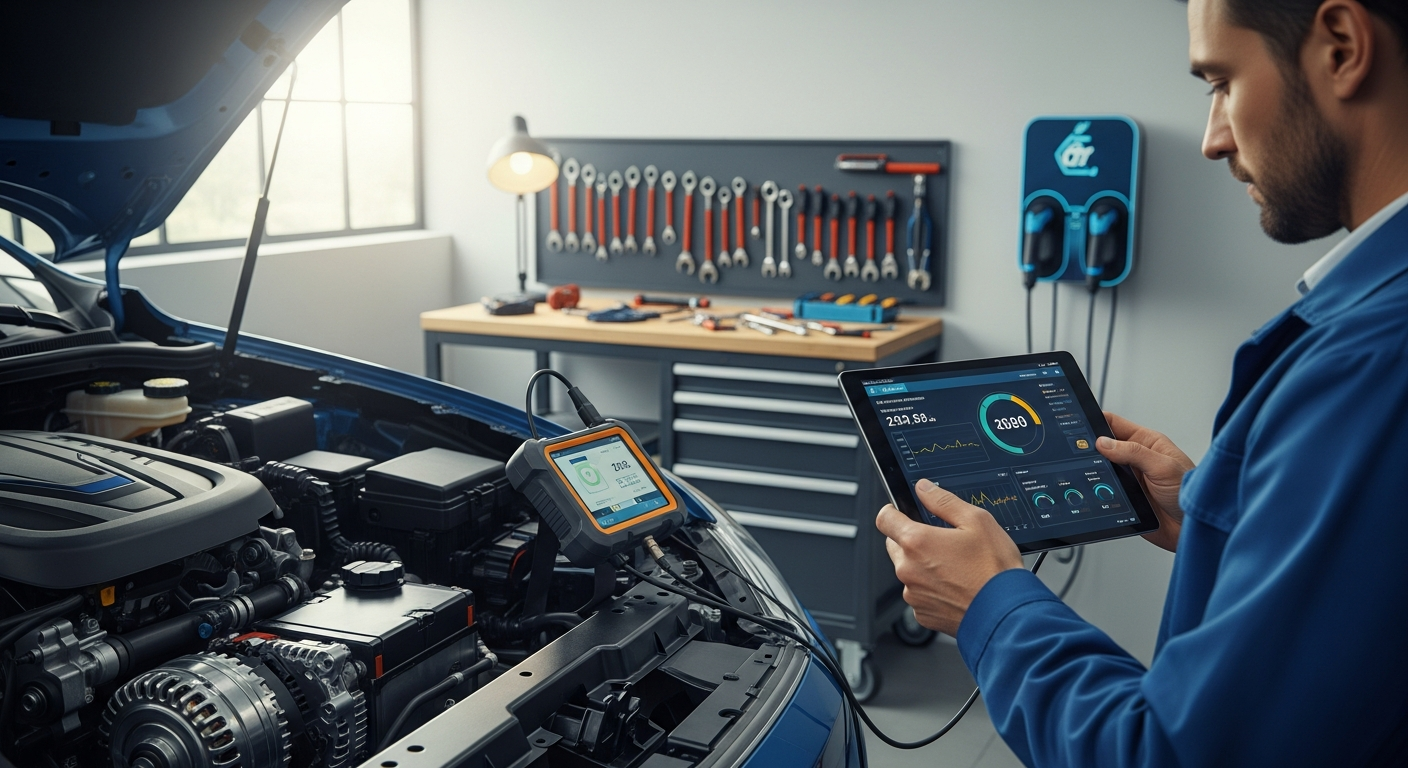Hydrogen Combustion Engines: The Future of Clean Performance
In the realm of automotive innovation, a groundbreaking technology is emerging that promises to revolutionize the way we think about clean performance. Hydrogen combustion engines, once relegated to the realm of science fiction, are now becoming a tangible reality. This cutting-edge propulsion system combines the raw power of internal combustion with the environmental benefits of zero-carbon emissions, potentially offering the best of both worlds for automotive enthusiasts and eco-conscious drivers alike.

How Hydrogen Combustion Engines Work
At its core, a hydrogen combustion engine operates on principles similar to those of a conventional gasoline engine. Hydrogen is injected into the combustion chamber, where it mixes with air. The mixture is then ignited by spark plugs, creating a controlled explosion that drives the pistons. This mechanical energy is then transferred through the drivetrain to power the vehicle’s wheels.
Advantages Over Traditional Fossil Fuels
One of the most significant advantages of hydrogen combustion engines is their environmental impact – or lack thereof. When hydrogen burns, it combines with oxygen to form water vapor, which is harmless to the environment. This means zero carbon emissions, a major step forward in the fight against climate change. Additionally, hydrogen can be produced using renewable energy sources, potentially creating a closed-loop, sustainable fuel cycle.
Performance Potential
Contrary to what some might expect, hydrogen combustion engines are not just about being green – they also pack a serious performance punch. Hydrogen has a higher energy density by weight compared to gasoline, which translates to impressive power output. Moreover, hydrogen engines can rev higher than their gasoline counterparts due to the fuel’s rapid flame propagation, potentially leading to more responsive and high-revving powerplants that would make any car enthusiast’s heart race.
Challenges and Hurdles
Despite its promise, the widespread adoption of hydrogen combustion technology faces several challenges. One of the primary obstacles is the lack of hydrogen fueling infrastructure. Unlike gasoline stations, which are ubiquitous, hydrogen filling stations are few and far between. Additionally, the production and storage of hydrogen present their own set of challenges, including energy-intensive processes and the need for specialized, high-pressure tanks.
Technological Advancements
Engineers and researchers are working tirelessly to overcome these hurdles. Innovations in hydrogen production, such as more efficient electrolysis techniques and the use of renewable energy sources, are making the fuel more accessible and environmentally friendly. Advancements in storage technology, including the development of carbon fiber tanks capable of safely containing hydrogen at extremely high pressures, are addressing safety concerns and improving the practicality of hydrogen-powered vehicles.
The Race for Hydrogen Supremacy
Several major automakers have recognized the potential of hydrogen combustion engines and are investing heavily in their development. Toyota, for instance, has been at the forefront of this technology, showcasing hydrogen-powered race cars and even competing in endurance races with this innovative propulsion system. Other manufacturers, including BMW and Mazda, have also expressed interest and are developing their own hydrogen combustion prototypes.
Real-World Applications
While still in its early stages, hydrogen combustion technology is already finding its way into real-world applications. Beyond passenger cars, this technology shows promise for heavy-duty vehicles like trucks and buses, where the quick refueling times and long-range capabilities of hydrogen fuel cells are particularly advantageous. Some countries are even exploring the use of hydrogen combustion in trains and ships, further expanding the potential reach of this clean energy solution.
The Sound of the Future
One often overlooked aspect of hydrogen combustion engines is their ability to preserve the auditory experience of driving. Unlike silent electric vehicles, hydrogen-powered cars maintain the characteristic engine notes that many enthusiasts cherish. This unique blend of traditional sensory feedback with cutting-edge clean technology could be the key to winning over petrolheads who are hesitant to embrace the electric revolution.
Conclusion
As we stand on the brink of a new era in automotive technology, hydrogen combustion engines offer an intriguing glimpse into a future where performance and sustainability coexist harmoniously. While challenges remain, the potential benefits of this technology are too significant to ignore. As research continues and infrastructure develops, we may soon see hydrogen-powered vehicles become a common sight on our roads, offering drivers the thrill of combustion without the environmental guilt. The journey towards widespread adoption may be long, but the destination – a world of clean, powerful, and exciting automobiles – is undoubtedly worth the ride.






